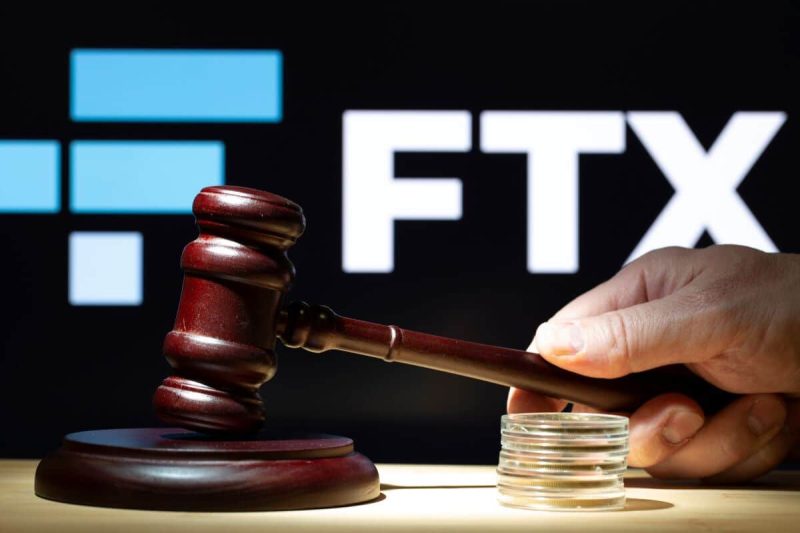Source: Adobe / Александр Поташев
US prosecutors are reluctant to pursue a second trial in the case involving Sam Bankman-Fried, former CEO of the now-defunct crypto exchange FTX.
Bankman-Fried, who was convicted last month for embezzling funds from FTX customers, seems likely to avoid further prosecution on additional charges, according to a letter submitted to a federal court in Manhattan.
The prosecutors underscored the importance of a swift conclusion to the case, prioritizing the public interest over the need for a second trial.
They emphasized that the upcoming sentencing of Bankman-Fried, scheduled for March 28, 2024, would address necessary aspects such as forfeiture and restitution for the victims.
Bankman-Fried, 31, had his reputation as a billionaire tarnished following his conviction on seven counts of fraud and conspiracy.
The jury found him guilty of misappropriating $8 billion in customer funds, driven by greed.
In addition to the charges leading to his conviction, Bankman-Fried faced six other charges, including campaign finance violations and conspiracy to operate an unlicensed money transmitting business.
These charges were initially separated from the first trial.
The Bahamian authorities have not yet consented to a trial on these remaining charges, casting uncertainty over the proceedings.
The verdict against Bankman-Fried was delivered nearly a year after the dramatic bankruptcy of FTX, a collapse that erased his once-estimated $26 billion fortune.
Bankman-Fried Faces Years in Prison
Looking ahead, Bankman-Fried faces a potentially lengthy prison sentence.
U.S. District Judge Lewis Kaplan, presiding over the case in Manhattan, will determine his fate.
The prosecution believes that a second trial would be redundant, as most evidence pertinent to the additional charges was already presented in the first trial.
Moreover, they argue that a second trial would not impact the sentencing, as Judge Kaplan can consider all of Bankman-Fried’s actions in determining the penalty.
Despite his conviction, Bankman-Fried plans to appeal.
During the trial, he admitted to making operational errors in managing FTX, such as neglecting risk management, but denied any allegations of stealing customer funds.
He also claimed ignorance of the precarious financial state of both FTX and his hedge fund, Alameda Research, until their collapse.
Meanwhile, Caroline Ellison, CEO of Alameda Research, Gary Wang, co-founder of FTX, and Nishad Singh, FTX engineering chief, who were key witnesses in Bankman-Fried’s trial, might not face jail time.
All three admitted to participating in fraudulent activities under Bankman-Fried’s direction, involving the transfer of billions of dollars in FTX customer funds to Alameda, a hedge fund mostly owned by Bankman-Fried.
Their testimonies carried weight due to their cooperation deals with prosecutors, which resulted in their guilty pleas.
Typically, cooperating witnesses receive leniency, especially when their testimony helps secure a conviction against a higher-profile individual.
However, the reputational damage resulting from their involvement in FTX’s downfall might restrict their opportunities moving forward.
Furthermore, the financial implications of their actions could be long-lasting.
The post Sam Bankman-Fried Unlikely to Face Second Trial, Say US Prosecutors – Here’s the Latest appeared first on Cryptonews.






